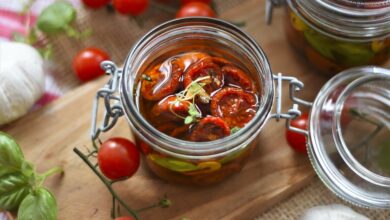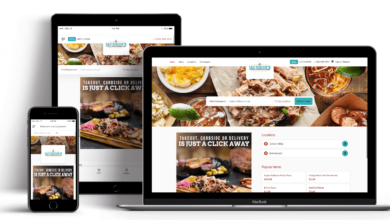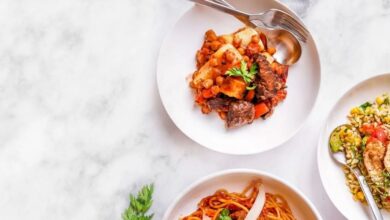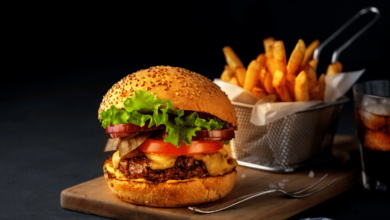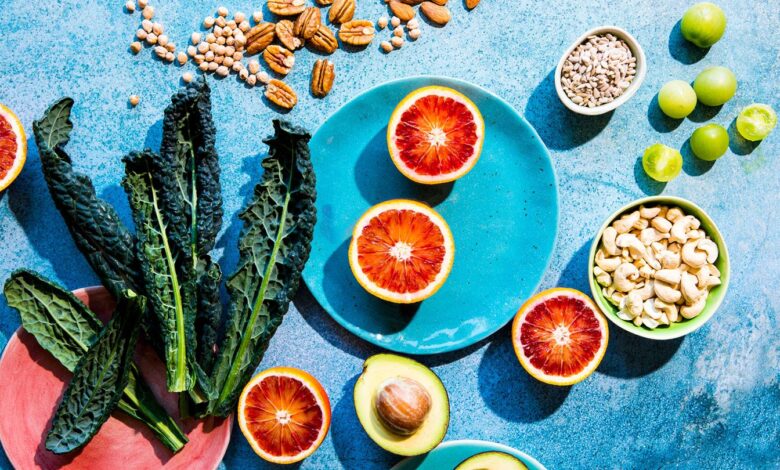
What It Really Means to Be on the ‘junk-food Vegan’ Diet: 6 Tips for Eating Healthier
fiberAh, the vegan diet: a health-conscious choice that is becoming increasingly popular. But what about those of us who are not so health-minded? For us, there is a new diet on the rise: the ‘junk-food vegan’ diet! This blog is here to explore what it really means to be on this unique diet and why it might just be the healthier choice after all.
Definition of ‘Junk-Food Vegan’
A ‘junk-food vegan’ is an individual who adheres to a plant-based diet, which excludes all animal products, but relies heavily on processed sweets and snacks. The ‘junk food’ designation implies that these vegans are not following a healthy or balanced diet.
This term has been used in both positive and negative ways; some celebrate the fact that these people have switched to an animal product-free diet, while others lament the lack of nutrient-dense foods on their menus. It is estimated that up to 50% of vegans in North America are ‘junk food vegans.
In general, individuals who follow this type of plant-based eating pattern tend to omit many types of whole grains and legumes from their meal plan and instead rely heavily on individual processed items such as cookies, chips, processed mock meats, and fake cheeses.
Some may choose this way of eating for convenience or cost reasons but it’s important to recognize the potential lack of essential macro/micronutrients that can be caused by such a limitation in dietary variety.
Nutritional Benefits of a Vegan Diet
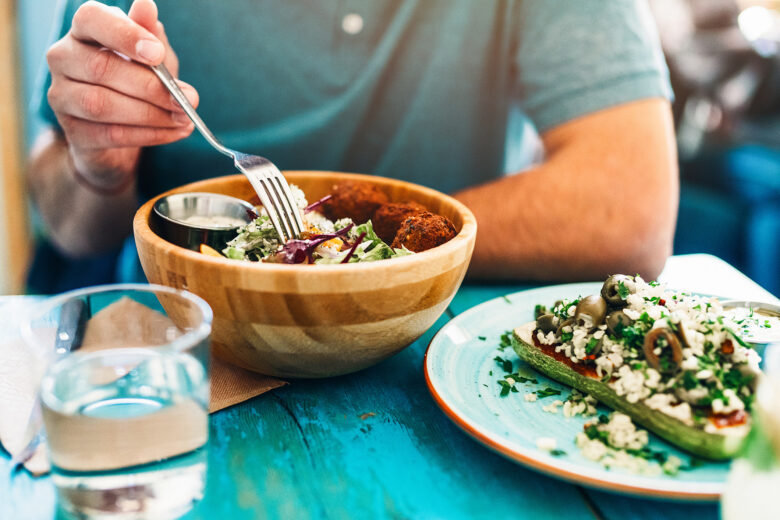
A vegan diet is one of the healthiest diets anyone can follow. People on this type of diet reduce their risk for chronic diseases such as heart disease, stroke, and diabetes by limiting or avoiding processed foods and sugary beverages. Many studies have shown that they have lower blood pressure levels and are less likely to be obese than people who eat meat. Additionally, vegans are generally thought to consume fewer calories overall, as many vegan dishes tend to be lower in calories due to being plant-based.
A true vegan diet provides many essential vitamins and minerals which the body needs in order to properly function. A whole-food diet is composed mostly of plant-based sources like vegetables, fruits, nuts, whole grains, and legumes. These foods are rich in antioxidants which can combat cell damage caused by free radicals; additionally, they provide dietary fiber which promotes healthy digestion and helps preserve gut health.
In addition to these macronutrients, these whole food sources contain valuable micronutrients such as iodine (important for healthy thyroid function), zinc (immune system support), vitamin B12 (crucial for red blood cells production), vitamin D (bone health) and more – all of which support overall health in varied ways!
The Drawbacks of a Junk-Food Vegan Diet
While some proponents of veganism may claim there are no drawbacks to this kind of lifestyle, the truth is that any diet, including being a slutty vegan, can be unhealthy if not done correctly. A diet consisting mainly of highly processed, calorie-rich, and nutrient-poor foods such as fries, fake meat, and candy bars will provide little in terms of health benefits. While these types of foods do contain fewer animal products, they also often contain less fiber and essential vitamins and minerals that are important for good health.
Moreover, foods high in sugar or salt can lead to an increased risk for chronic diseases like diabetes and high blood pressure. Furthermore, research has found that those who follow a relatively unhealthy diet that is low in vegetables may be at higher risk for certain nutrient deficiencies or iron deficiency anemia since iron from plant sources may not be absorbed as readily as iron from animal sources.
Finally, it is essential to keep in mind that consuming larger amounts of unhealthy processed food often leads to weight gain which can make it even more difficult to meet nutritional needs when on a vegan diet.
Healthy Alternatives to Junk-Food
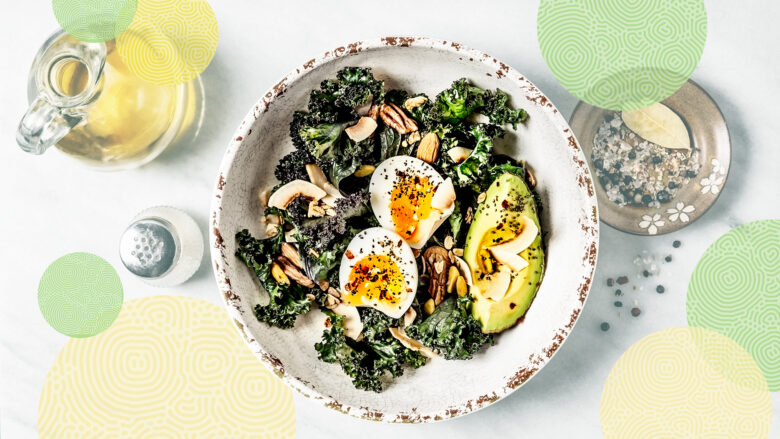
Fast foods such as pizza and burgers can easily be replaced with plant-based substitutes or DIY recipes that do not rely on processed items such as white flour or refined sugars. Additionally, snacks like chips or crackers can be substituted with healthier options like roasted chickpeas, edamame beans, or kale chips. Baking your own version at home provides more nutrient-dense options tailored to your tastes without all the calories!
By replacing these less nutritious items with plant-based alternatives that offer more nutritional value through their vitamins and minerals, you’ll be able to reap all the health benefits this way of life has to offer without having to worry about junk food sneaking its way into your lifestyle choices!
Tips for Transitioning to a Healthy Diet
Going vegan can be an excellent way to improve your health, reduce your environmental impact and promote animal welfare.
If you find yourself in the category of “junk-food vegan”, don’t despair! Transitioning to a healthy diet is simpler than you may think. Here are a few helpful tips for getting started:
- Start Slow—Take it one day at a time. Start with small changes like switching out one meal per day for a plant-based option or substituting dairy milk for soy or almond milk. This will help build up your confidence and determination to make the transition easier in the long run
- Educate Yourself—Find relevant information to learn about how to eat healthily as a vegan. You may not know exactly what foods are best for providing nutrition when making the switch; books and websites can help guide you in the right direction
- Try Different Recipes—Explore various cooking websites, blogs, and cookbooks designed specifically for vegans to help learn which recipes taste best and provide adequate nutrition
- Eat Plenty of Whole Foods—Focus on eating whole plant foods such as fruits, vegetables, nuts, seeds, legumes, and grains along with fortified soy products like soymilk or tofu
- Don’t Underestimate Supplements—To ensure your body is getting all of the vitamins it needs as you make the transition (especially B12), consider adding supplements into your diet; consult with your doctor first
- Avoid Processed Foods—Although these options may be convenient from time to time (e.g., packaged meals), try not to rely heavily on these as they are often highly processed and low in nutrients compared to fresh fruits & veggies
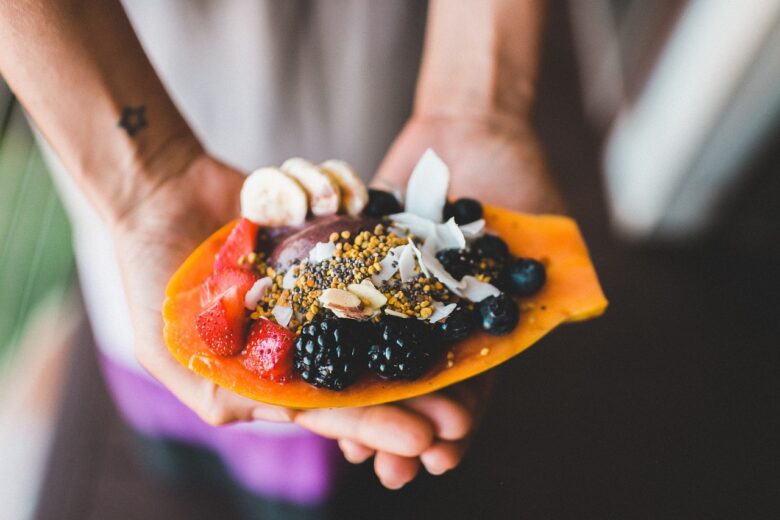
Conclusion
Junk-food vegans should be aware that they may become deficient in certain vitamins and minerals if they don’t consume a varied, well-rounded diet. They should also strive to eat as many plant-based whole foods as possible and limit the intake of packaged or processed foods. Finally, if junk-food vegan is concerned about their health, they may want to consider transitioning to more balanced nutrition that includes plenty of fruits and vegetables.

